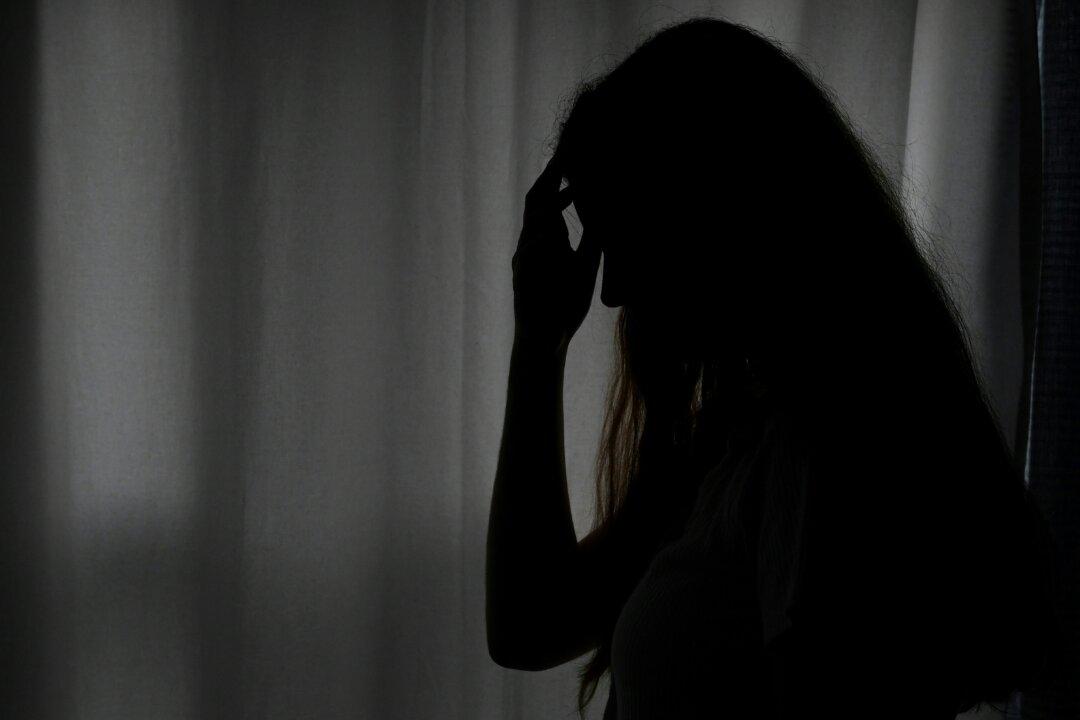An increased number of Australians have committed suicide in 2022 as living cost pressures and personal debt remains the greatest threat to people’s mental health.
According to data from the Australian Institute of Health and Welfare, more people in the two states of Victoria and New South Wales (NSW) have taken their lives in 2022 than during the COVID-19 pandemic.





